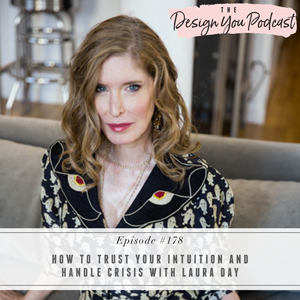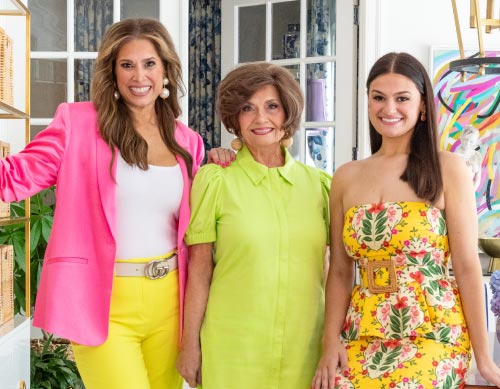
I told you last week that this week’s episode would also be a little woo and I was not lying, friends! I can’t wait to bring you today’s guest. I’m welcoming Intuitionist Laura Day to the podcast, and she’s joining me to show you how to tap into your intuition and learn to heal yourself and others. This episode is so interesting!
Laura Day is a New York Times Bestselling Author and practicing Intuitive. Newsweek magazine calls her “The $10,000-a-Month Psychic,” and The Independent dubbed her “The Psychic of Wall Street,” cool, right? She has written six books on intuition, has spent nearly four decades helping individuals, organizations, and companies harness and develop their innate intuitive abilities to create profound change.
Tune in this week and hear how Laura’s work has helped demystify intuition and bring it into the mainstream. We’re showing you how to trust your gut and handle a crisis, and how to understand your intuition on a different level and use it to access a different version of your life.
If you want help creating a business with thriving revenue streams so that you can design the life you really want this year, now is your chance! The doors to the Design You Coaching Program are officially OPEN! With this round, we are launching a whole new course where I share my complete design system with you. You’ll receive every template, tool, SOP, worksheet, downloadable, video, and more that I have created and used myself, and receive a complete step-by-step for how to run your full-service projects. You do not want to miss this, sign up now!












